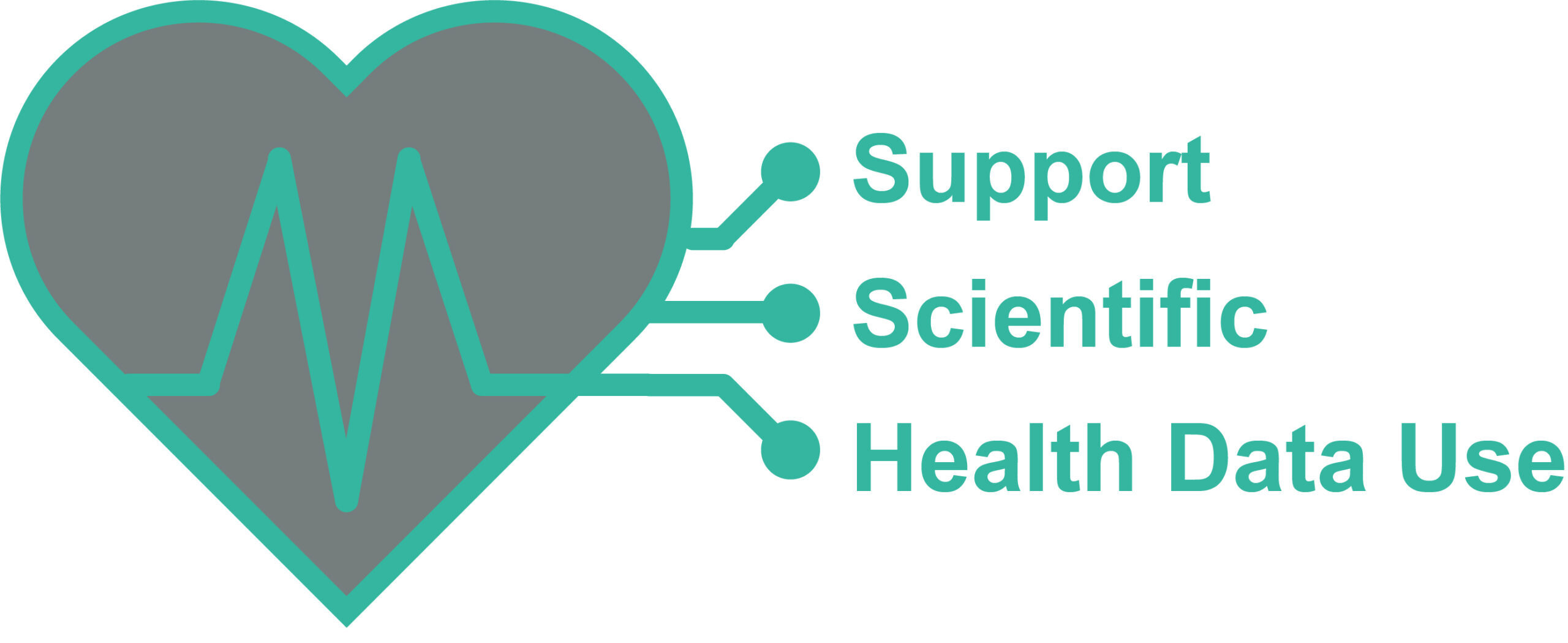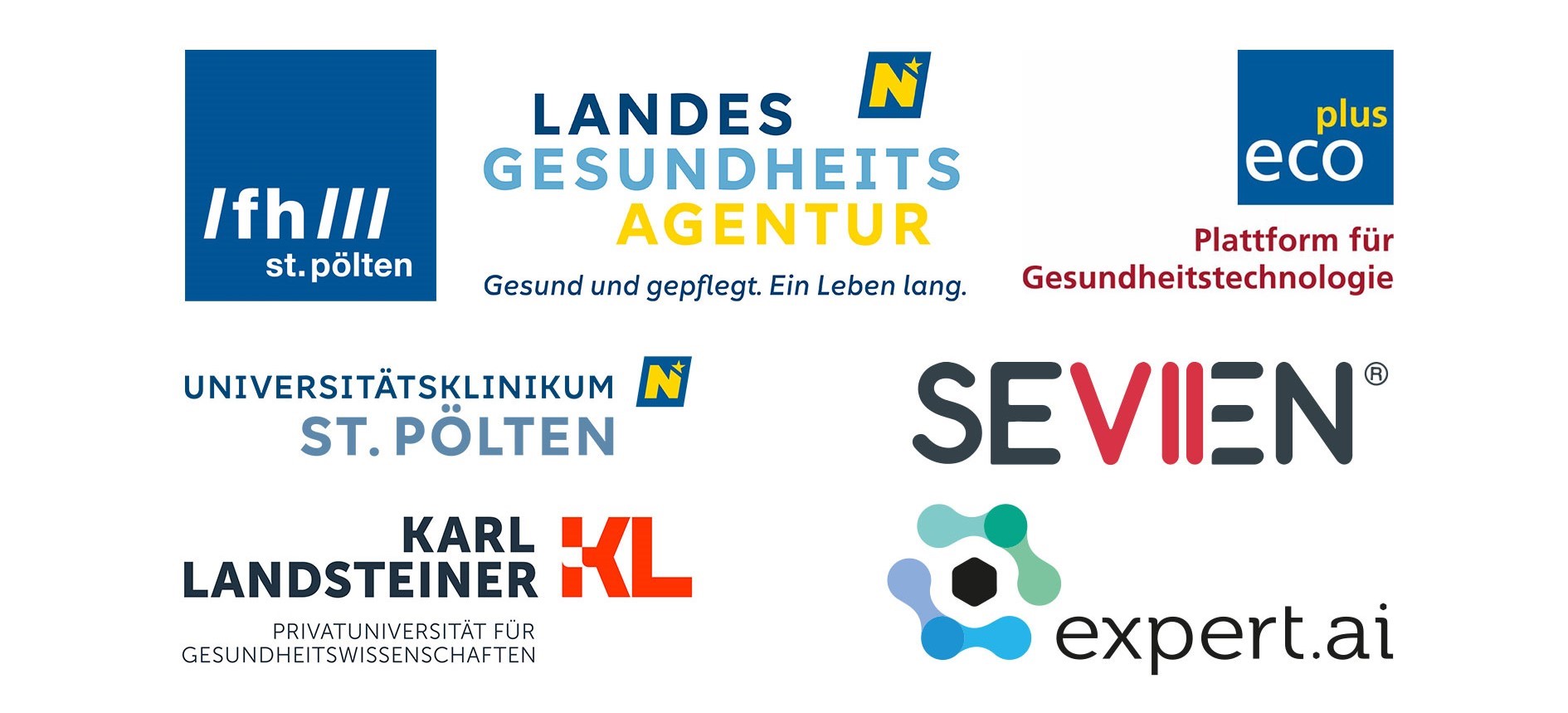— Projects —
Completed projects
Definition and measurement instruments of occupational balance
Occupational therapists use different measures and methods to maintain, regain and improve the occupational balance of their patients and clients. Occupational balance is the satisfaction with everything that individuals do, have to or want to do.
read more
Knowledge of existing occupational balance measurement instruments enables occupational therapists to select a measurement instrument that is appropriate for the person and the purpose. Based on this information, occupational therapists can systematically assess their patients’ and clients’ occupational balance, identify possible intervention needs and evaluate the effectiveness of delivered interventions. The overview on existing occupational balance definitions and measurement instruments could also be used by occupational therapists for teaching and research purposes. The aim of the project is to identify new measurement instruments for the assessment of occupational balance, to investigate their contents and to compare them with existing definitions, following the methodological approach of Dür and colleagues (2015).

Project type: Funded research project
Project managment: Duervation
Funding provider: Ergotherapie Austria
Duration: 2021 - 2023
Discourse on two concepts: Handlung vs. Betätigung (Terminology)
In German speaking occupational therapy, the terms “Handlung” and “Betätigung” are often used synonymously. So far it is unclear which arguments speak for or against the use of one or the other term. The aim of this project was therefore to provide an overview of the two terms and their use based on a scoping review. The overview will be publicly available and provide a basis for possible positioning regarding the use of one the two terms.
Read more
Stadler-Grillmaier already points out in 2007 that this is a problem in the acceptance and communication of both terms. So far it is unclear which arguments speak for or against the use of one or the other term.
The aim of this project was therefore, based on a scoping review according to Tricco et al. (2016), to give an overview of the two terms and their use and consequently to make the results available to occupational therapists in the national area through publication in the journal of Ergotherapie Austria. The overview can be used as a basis for a decision for or against the use of one or the other term.
The investigation showed that there is a tendency in using the term “Handlung” over “Betätigung” in German occupational therapy.
Stadler-Grillmaier J. ENOTHE-Projekt „ET-Fachterminologie” – Beitrag zur Entwicklung einer (deutschen) Fachsprache in der Ergotherapie. ergoscience 2007; 2(03): 100-6.
Tricco AC, Lillie E, Zarin W, et al. A scoping review on the conduct and reporting of scoping reviews. BMC Med Res Methodol 2016; 16: 15.

Project type: Funded research project
Project management: Duervation
Funding provider: Ergotherapie Austria
Duration: 2022 - 2024
Definitions and Measures of Technostress (Technostress)
There are serious changes in everyday life, education and work, private leisure time and the social environment due to digitalization and new technologies. The increased use of technologies can lead to technology stress. Persistent technology stress has a negative impact on health and well-being. The aim of this project was to compare measuring instruments for technology stress based on a systematic literature research and to make the results publicly available.
read more
In addition to the many benefits of using new technologies, the increased use of technologies creates technology stress. Technology stress or technostress is a reaction of the body to a strong psychological strain caused by the use of technologies. Persistent technostress has a negative impact on health and well-being (Nimrod, 2022). Therefore, based on a systematic literature research, measuring instruments for the assessment of technostress were identified, their contents examined and compared, and their availability in German language was shown. The results of this research will then be published and made available to occupational therapists.
In total 17 measurement instruments were identified, of which only one was available in German. In addition, dimensions of technology stress were discovered that are not covered in the definitions.
References:
Nimrod, G. (2022). Technostress in a hostile world: older internet users before and during the COVID-19 pandemic. Aging & Mental Health, 26(3), 526-533. https://doi.org/10.1080/13607863.2020.1861213

Project type: Funded research project
Project managment: Duervation
Funding provider: Ergotherapie Austria
Duration: 2022 - 2024
Support Scientific Health Data Use EU Grant Application (SupSci)
In the Supporting Scientific Health Data Use EU Grant Application project a hub was created to address the scientific use of health data. Two applications for European calls focusing on health were prepared and the necessary preparations for the submissions made. The project was led by Duervation and in cooperation with the Universitätsklinikum St. Pölten, the Karl Landsteiner University of Health Sciences and ecoplus. The Business Agency of Lower Austria. The project was funded by the Land Niederösterreich and supported by the Niederösterreichische Landesgesundheitsagentur.

Funding provider

Partners / Supporters

read more
Every examination and treatment of patients generates health data that are entered, stored, and managed in medical information systems. At present, these health data are only used sporadically and at great expense for research purposes (Dür et al., 2022). There is a huge amount of health data in Europe that is not or only minimally used for research purposes.
Secondary data use (Jungkunz et al., 2022) or the use of existing electronic health data for research purposes is socially controversial. Additionally, there are technical, legal and ethical challenges. However, the secondary use of health data could contribute significantly to better health care.
The aim of the SupSci project was to create a hub from which several research proposals on the use of health data for research purposes emerged and were submitted.
This project contributes to positioning Lower Austria as a research partner in clinical and technology research and promotes cooperation with international research partners. The potential follow-up projects have great potential for technical and organisational improvements in the health sector.
Dür, M., Luschin-Ebengreuth, M., & Röschel, A. (2022). Nutzung von Gesundheitsdaten aus Krankenhausinformationssystemen für Forschungszwecke und deren Auswirkung auf die Planung, Organisation und Abwicklung von Forschungsprojekten – Ausgewählte Aspekte des SMARAGD Projekts (Teil I) Zeitschrift für Energie- und Technikrecht(1), 17-24.
Jungkunz, M., Köngeter, A., Winkler, E. C., Mehlis, K., & Schickhardt, C. (2022). Sekundärnutzung klinischer Daten in datensammelnden, nicht-interventionellen Forschungs- oder Lernaktivitäten – Begriff, Studientypen und ethische Herausforderungen. In G. Richter, W. Loh, A. Buyx, & S. Graf von Kielmansegg (Eds.), Datenreiche Medizin und das Problem der Einwilligung: Ethische, rechtliche und sozialwissenschaftliche Perspektiven (pp. 71-98). Springer Berlin Heidelberg.
Project type: Funded research project
Project management: Duervation
Project partner: Universitätsklinikum St. Pölten, Karl Landsteiner University of Health Sciences and ecoplus. The Business Agency of Lower Austria
Funding provider: Land Niederösterreich
Duration: 2023 - 2024
Research Integrity
Guidelines for Good Scientific Practice at Duervation
All individuals involved in research activities at Duervation are required to adhere to the standards of good scientific practice.
Duervation aligns with the Guidelines for Good Scientific Practice of the Austrian Agency for Research Integrity (OeAWI). These guidelines define the principles of research integrity and provide clear definitions of good scientific practice as well as scientific misconduct.
Another pertinent document is the European Code of Conduct for Research Integrity, published by the ALLEA (All European Academies). This code of conduct is an integral part of the agreements for all EU research projects within the framework of the EU program Horizon Europe.
